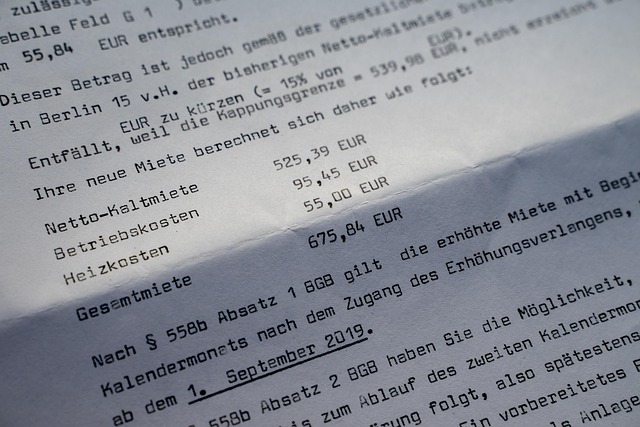In real estate, security deposits are crucial for maintaining trust between landlords and tenants, acting as protection against damages or rent non-payment. Maintaining habitability standards through regular inspections ensures safe and comfortable rental properties, satisfying tenants and protecting landlords' reputations. Fair security deposit practices, regulated by clear guidelines, open communication, and tenant education, balance landlords' protection needs with tenants' rights, fostering trust and a harmonious environment for both parties.
In the dynamic realm of real estate, understanding security deposits is paramount. This article delves into the essence of these financial guarantees, serving as a cornerstone of rental agreements. We explore defining habitability standards, crucial for ensuring comfort and safety in properties. Furthermore, we present strategies to balance interests, fostering fair and effective security deposit regulations. By examining these aspects, landlords and tenants alike can navigate real estate transactions with enhanced clarity and mutual satisfaction.
Understanding Security Deposits: A Cornerstone of Real Estate Agreements

In the realm of real estate, security deposits stand as a cornerstone of agreements between landlords and tenants. These financial assurances are designed to protect property owners from potential damages or rent defaults by ensuring a safety net for unforeseen circumstances. When a tenant moves in, a security deposit is often required, typically equal to one or two months’ worth of rent. This practice fosters trust and accountability within the tenancy agreement.
Understanding security deposits is crucial for both parties. For landlords, it offers peace of mind and financial protection against costly repairs or unpaid bills. Tenants, on the other hand, need clarity on how these funds are handled, ensuring they’re kept in a separate, interest-bearing account as per legal requirements. This transparency promotes habitability and encourages responsible tenancy, fostering a robust real estate market.
Defining Habitability: Ensuring Comfort and Safety in Rental Properties

In the real estate industry, defining habitability standards is paramount to ensuring that rental properties offer a comfortable and safe living environment. Habitability goes beyond basic functionality; it encompasses various aspects crucial for tenants’ well-being. This includes, but is not limited to, structural integrity, clean and functional amenities, proper ventilation, and adherence to health and safety regulations. For instance, secure locks, working fire alarms, and pest control measures are non-negotiable elements that contribute to a tenant’s peace of mind.
Real estate professionals have a responsibility to maintain and uphold these standards to attract and retain tenants. Regular inspections and prompt maintenance requests further reinforce habitability. By prioritizing comfort and safety, landlords not only create satisfied tenants but also mitigate potential legal issues and reputational damage. In the end, adhering to high habitability standards is a win-win for both property owners and renters alike.
Balancing Act: Strategies for Fair and Effective Security Deposit Regulations

In the realm of real estate, security deposits play a pivotal role in protecting landlords’ investments while ensuring tenants have a safe and habitable space. However, regulating these deposits is a delicate balancing act. To achieve fairness and effectiveness, regulations must consider both parties’ interests. Landlords require protection against potential damage or non-payment, while tenants deserve transparent processes and reasonable requirements.
Strategies for fair regulation include setting clear guidelines on deposit amounts, defining acceptable reasons for deductions, and establishing timely return policies. Regular communication between landlords and tenants can also foster trust and reduce disputes. Additionally, providing education on tenant rights and responsibilities empowers individuals to make informed decisions, creating a more harmonious and just environment within the real estate sector.






